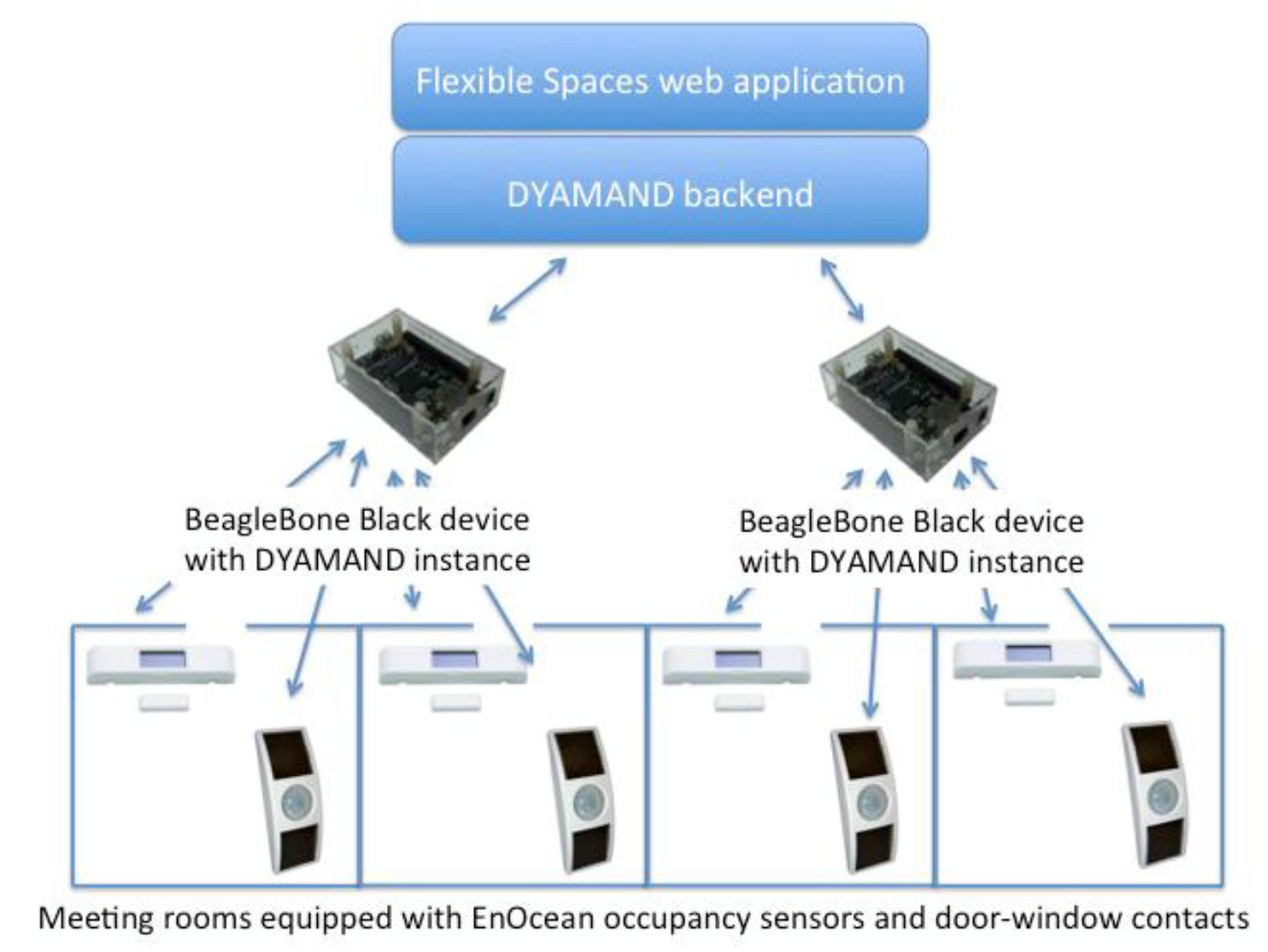Linear project: Flanders’ large scale smart grid project
Large-scale demonstration of adapting the electricity consumption from households to the availability of renewable energy sources like wind and solar.
The integration of renewable energy sources in our grid instead of traditional power plants results in a more sustainable energy system but also in more variability in the electricity production. An interesting solution to cope with this challenge is to tailor energy consumption to the varying supply. These so-called demand response services are becoming more and more commonplace in large industrial plants.
While these so-called demand response services are becoming more and more commonplace in industry, Linear researched and demonstrated from a technical, economical and user perspective how loads in residential environments could also become providers of flexibility. 250 households in Flanders were equipped with smart meters and smart household appliances like white goods, boilers and electric vehicles that could be controlled remotely and automatically.
IDLab supported Linear with its technical and techno-economical expertise realizing a complete backend for gathering, analyzing, validating and visualizing all measurements and inputs from the households, monitored transformers and external parties (service providers, DSOs, energy suppliers), and analyzing new value chains and the economic profitability of the 4 investigated business cases.
- Linear project (2009 – 2014)
- Company partners: EDF-Luminus, Eandis, Infrax, Laborelec, Fifthplay, Miele, Siemens, Viessmann, Proximus, Telenet
- Research partners: EnergyVille, iMinds, Imec

“Linear implemented solutions that help to get a robust energy system and in the same time contribute to achieve our targets concerning CO2″
– Philippe Muyters (Flemish minister for Work, Economics, Innovation and Sports)
Optimizing Office Space at P&G
By transforming offices into flexible spaces, facility costs can be reduced (10.000 EUR/ employee/year), employee satisfaction and productivity can be improved by offerening working spaces adapted to their needs(meeting rooms, silent rooms, phone booths, etc.) and collaboration between employees could be strengthened. However, there is a need for monitoring tools to get insight in the actual occupation of the different spaces and user-friendly applications (e.g. to find a nearby suitable workplace).
In the Flexible Spaces Service project IDLab coordinated a field trial setup at the headquarter of P&G in Brussels consisting of a People Tracker service from VTT, different sensors to detect occupation in meeting rooms and (flex) offices deployed by IDLab and SmartSigns which were integrated via IDLab’s DYAMAND platform, and a tool from SmartSigns for visualizing utilization reports towards facility managers.
- EIT Digital project Flexible Spaces Service (2014)
- Company partners: P&G, SmartSigns, ISS
- Research partners: iMinds, VTT, Fraunhofer, Aalto University

“We need to reduce space underutilization and to connect employees with skills/systems/leadership. This will increase user satisfaction, productivity and collaboration, reduce facility costs and improve sustainability.”
– Arnoud Koning (P&G)
